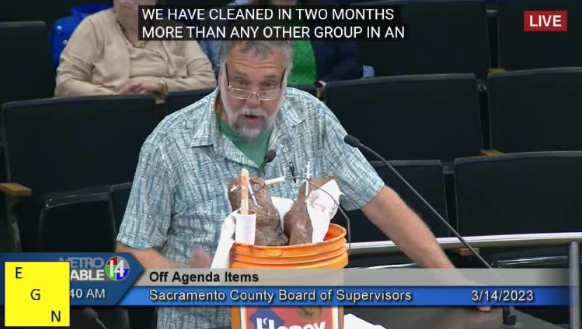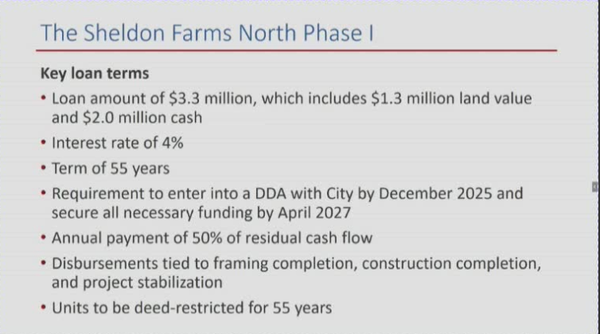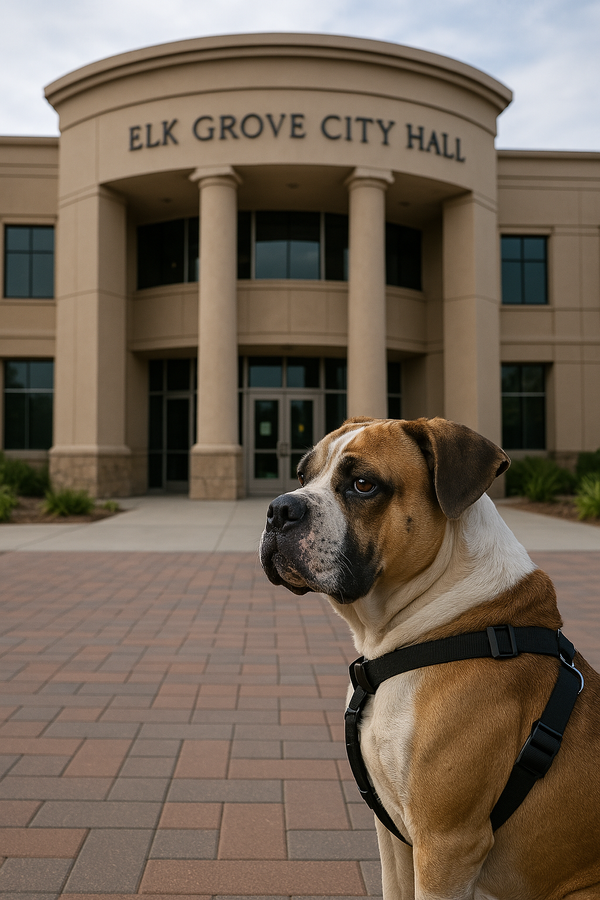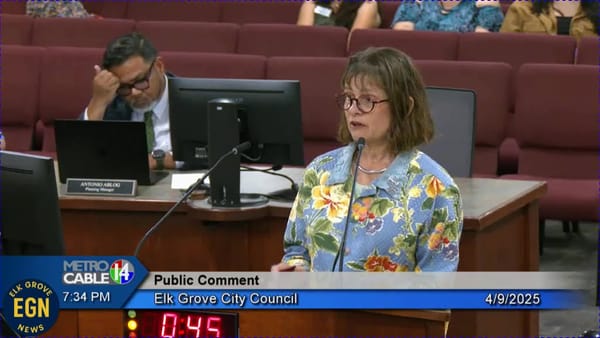American, Sacramento rivers advocacy group urges County Supervisors to adopt camp-size limit ordinance

River City Waterways Alliance makes plea to Supervisors
During today’s Sacramento County Board of Supervisors regular meeting, advocates for the American and Sacramento rivers waterway proposed an ordinance to mitigate waste flow.
The three people speaking at the meeting were the River City Waterways Alliance members. That group has led numerous volunteer efforts removing debris on campsites along the rivers.
The first speaker was Roland Brady, who said the county could and should adopt an ordinance limiting the size of individual campsites. Brady asserted that the county would be within the Boise decision.
According to Brady and consistent with the Boise guidelines, individual sites could be limited to 15 by 20 feet, and they could mandate to have 60 feet in between adjoining sites. He claimed that individuals’ possessions or garbage outside those limits could be removed.
“All of the possessions and items outside this footprint can be removed legally, according to Boise,” Brady said. “Allow no camps within the 150 feet of the high-water mark, and this is consistent with state, federal county, and many county jurisdictions.”
He added, “there is nothing in Boise that prevents this from happening.”
Known colloquially as Boise, the 2018 Martin v. Boise case was a U.S. Court of Appeals Ninth Circuit ruling that said governments could not criminalize camping on public grounds if they have not provided adequate shelter beds. The decision covers 11 western states under the Ninth Circuit’s jurisdiction.
Following Brady, Mark Baker, and Lisa Sanchez also made comments. Baker discussed the amount of waste, much of it toxic, which the alliance has removed during their 13 riverway clean-ups, while Sanchez highlighted shortages in publicly funded clean-up and restoration.
“We are pleading with the board of supervisors to help restore our waterways along with us,” Sanchez said. “We feel that no one cares.”
Their entire commentary and responses can be viewed in the video posted below.
After hearing the comments, Supervisor Phil Serna invited the group to contact his office and schedule a meeting to discuss with him and the county’s park director their requests as the county’s fiscal year 2024 budget is developed. Supervisor Rich Desmond asked to be part of those meetings as well.
“Your advocacy can really make the greatest impact influencing this board,” Serna said.
Subscribe to our YouTube channel



